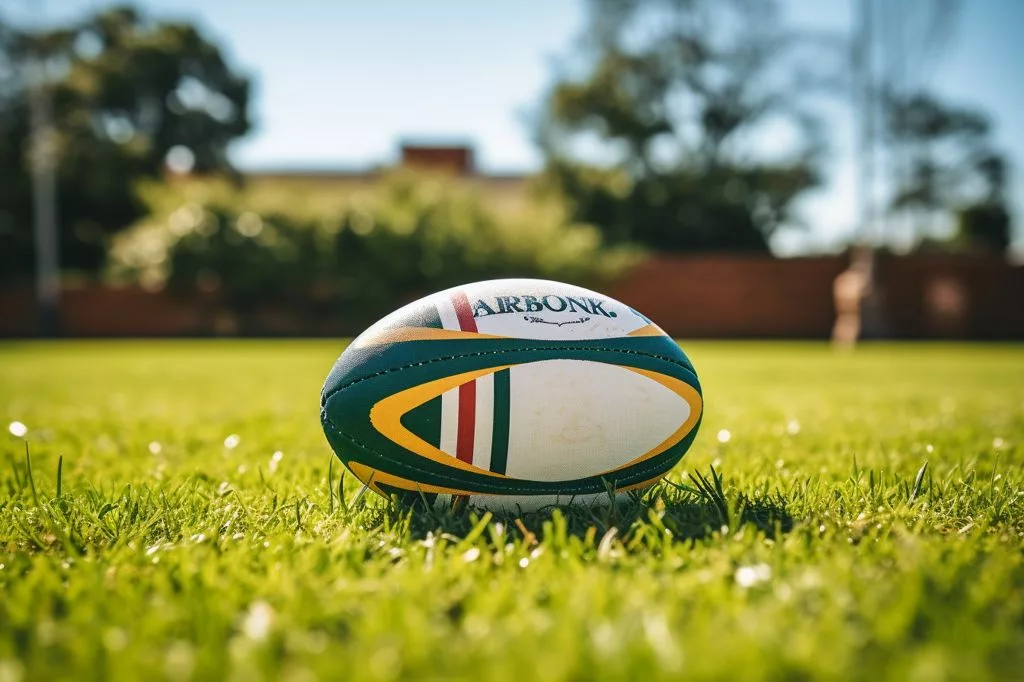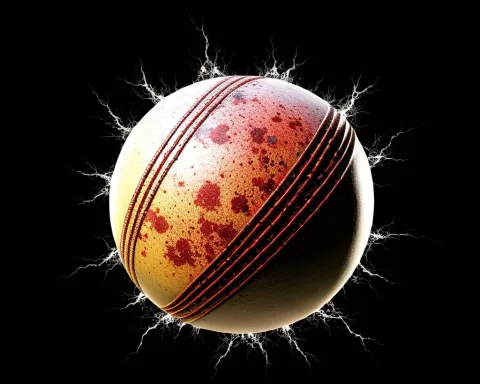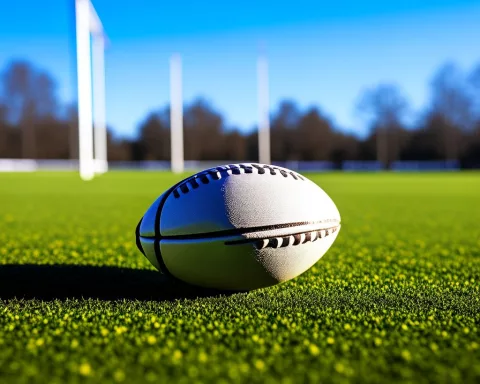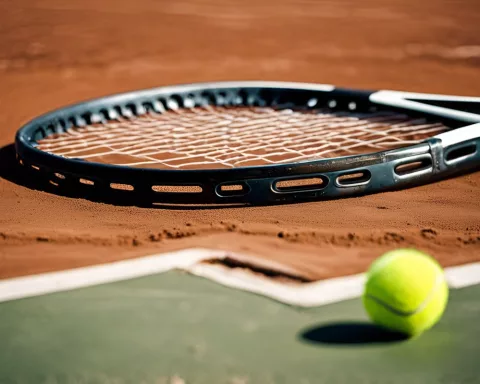South Africa’s sports legacy is in peril due to the government’s failure to enact anti-doping legislation in line with the World Anti-Doping Agency’s latest code. The national rugby and cricket teams, the Springboks and the Proteas, may not be able to represent their country under its flag and anthem, which could have serious consequences. Sports have played a crucial role in unifying South Africa, and the government must act urgently to safeguard its sporting legacy and national pride.
The Looming Crisis and its Implications
Sports, arts, and heritage are often the key elements that contribute to a nation’s cultural fabric. In South Africa, a country with a complex history, sports like rugby and cricket have played a crucial role in unifying its people. The Springboks and the Proteas, the national rugby and cricket teams, are more than just sports teams; they represent unity and national pride in a country that has faced numerous challenges. Recent developments, however, indicate that their future participation in international events under the South African flag might be in jeopardy, possibly denying them the honor of singing their national anthem at award ceremonies.
The Western Cape Minister of Cultural Affairs and Sport, Anroux Marais, has raised concerns over this imminent crisis. The impending dilemma stems from the South African Government’s inability to enact the necessary anti-doping legislation in line with the most recent World Anti-Doping Agency (WADA) code. This failure could lead to serious consequences, as the Springboks and the Proteas might be barred from representing their country under its flag and anthem.
Understanding the gravity of the situation, Minister Marais remarked, “The national government knows that such legislation must be passed, and it is imperative that it is passed as a priority.” To tackle this issue, she has arranged a meeting with WADA representatives set for next Wednesday. “The Western Cape Government will do everything that we can to help our Springboks and Proteas compete under our anthem and flag, and represent South Africa,” she further stated.
South Africa’s Sporting History and the WADA Code
Over 700 sporting federations worldwide have accepted the new WADA code, which became effective in January 2021. Regrettably, the South African Government apparently failed to meet the deadline for updating its Anti-Doping Act in compliance with the new code. This oversight could be detrimental to the nation’s rich sporting history and future prospects.
Historically, sports have often bridged racial, social, and political divides in South Africa. The 1995 Rugby World Cup is a prime example of the unifying power of sports in a nation healing from the wounds of apartheid. South Africa hosted the tournament, and the Springboks, once considered a symbol of white supremacy, emerged victorious. Nelson Mandela, the country’s first black president, presented the Webb Ellis Cup to the team’s captain François Pienaar, a white Afrikaner, while wearing a Springbok jersey. This event holds a special place in South African history and the hearts of millions worldwide.
More recently, the Springboks’ 2019 World Cup victory further solidified their position in the nation’s collective identity. Their triumph represented not only the attainment of a coveted trophy but also the ongoing process of transformation and inclusiveness in the country.
Similarly, the Proteas have made significant contributions to South Africa’s sporting domain. They have consistently emerged as a formidable presence on the global cricket stage. Players like Graeme Smith, AB de Villiers, and Kagiso Rabada have not only been ambassadors for cricket but also for their nation, earning respect and admiration worldwide.
The Urgency of Anti-Doping Legislation and the Importance of National Pride
The potential inability of these teams to represent their country under the South African flag or sing the national anthem at award ceremonies is genuinely concerning. The Government must act quickly and decisively to rectify this situation, as the stakes are high and the nation must unite to safeguard its sporting legacy.
As South Africans anticipate the outcome of Minister Marais’ meeting with WADA, the importance of this issue cannot be overstated. Enacting the necessary anti-doping legislation is more than just a matter of compliance with international sporting rules; it is a matter of national pride. The Springboks and the Proteas embody the hopes of an entire nation, symbolizing unity, progress, and the unyielding spirit of South Africa.
The South African Government cannot afford to let legislative sluggishness jeopardize the treasured legacy and promising future of its sporting heroes. As stewards of the nation’s cultural heritage, they have an obligation to act swiftly and ensure that the Springboks and the Proteas continue to represent their country, proudly wearing their green and gold and singing the national anthem – Nkosi Sikelel’ iAfrika – with fervor and passion.
1. What is the issue with South Africa’s anti-doping legislation?
The South African Government has failed to enact anti-doping legislation in line with the World Anti-Doping Agency’s latest code, potentially barring national teams like the Springboks and the Proteas from representing their country under its flag and anthem.
2. Why is the failure to enact anti-doping legislation concerning?
The potential inability of the Springboks and the Proteas to represent their country under the South African flag or sing the national anthem at award ceremonies is genuinely concerning as sports like rugby and cricket have played a crucial role in unifying South Africa’s people.
3. What is the new WADA code?
The new WADA code became effective in January 2021, and over 700 sporting federations worldwide have accepted it.
4. Has South Africa updated its Anti-Doping Act in compliance with the new WADA code?
Regrettably, the South African Government has reportedly failed to meet the deadline for updating its Anti-Doping Act, potentially jeopardizing the nation’s sporting legacy and future prospects.
5. Why are the Springboks and the Proteas important to South Africa?
The Springboks and the Proteas represent unity and national pride in a country that has faced numerous challenges and have historically bridged racial, social, and political divides in South Africa.
6. What is the significance of the 1995 Rugby World Cup for South Africa?
The 1995 Rugby World Cup is a prime example of the unifying power of sports in a nation healing from the wounds of apartheid, and it holds a special place in South African history and the hearts of millions worldwide.
7. What is the importance of national pride in enacting anti-doping legislation?
Enacting the necessary anti-doping legislation is more than just a matter of compliance with international sporting rules; it is a matter of national pride, as the Springboks and the Proteas embody the hopes of an entire nation, symbolizing unity, progress, and the unyielding spirit of South Africa.
8. What is the South African Government’s obligation?
As stewards of the nation’s cultural heritage, the South African Government has an obligation to act swiftly and ensure that the Springboks and the Proteas continue to represent their country, proudly wearing their green and gold and singing the national anthem with fervor and passion.












